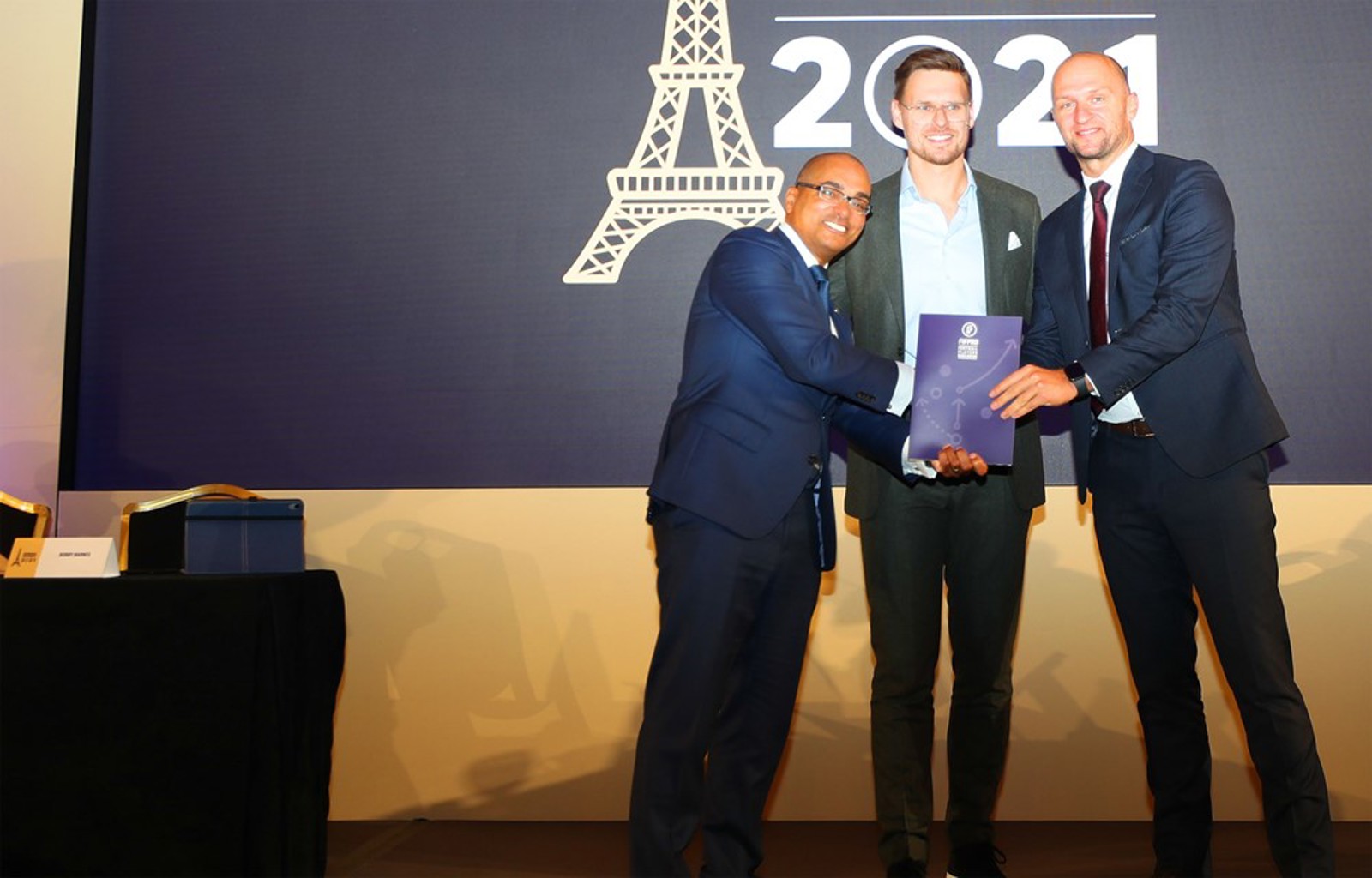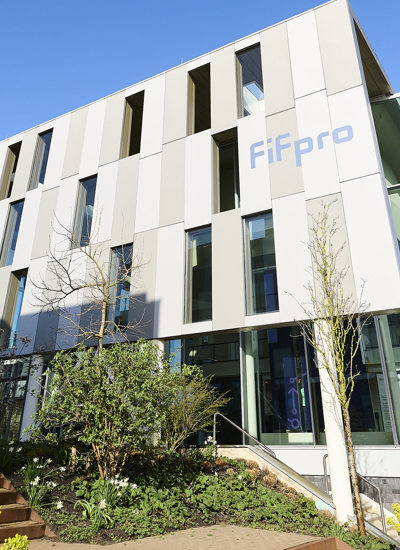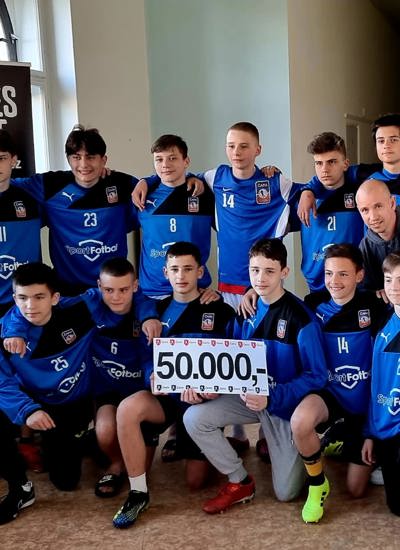
Mucha is a former goalkeeper, who made 46 appearances for Slovakia, and played for ten clubs in five European countries including Slovan Bratislava, Everton, and Legia Warsaw. At the last club he met Mirko Poledica and Pance Kumbev, who went on to become the presidents of Serbian players’ union Nezavisnost and North Macedonian player union SFM respectively.
“I spoke many times with Mirko and Pance,” Mucha said. “They shared their experiences about playing in Eastern Europe, and we talked about the difficulties players encounter. They gave me a lot of information about the work of FIFPRO player unions, and they helped me realize that it would be good for future players in my country to establish a union.”
In December 2015, Mucha decided to start the Unia Futbalovych Profesionalov. “The idea was, to improve working conditions for players in Slovakia.”
“I had some bad experiences myself in Slovakia. When I was at MSK Zilina, they offered me a contract, but when I refused, they banned me to the reserve team for six months and was only allowed at training sessions. When we started the union, these kind of things were still happening in our country.”




